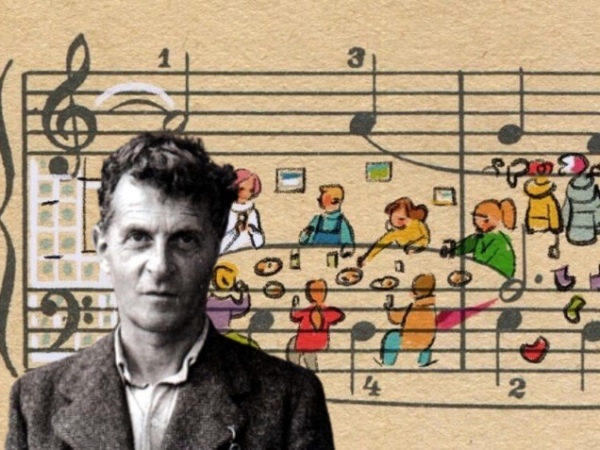Woe to those who dwell on the past while the moment recreates history Woe to those who gaze into the far horizons of time while the next breath is of no guarantee [...]
Forgiveness: a Bilateral “Liberation”?
In his book called The Sunflower: On the Possibilities and Limits of Forgiveness, Simon Wiesenthal narrates his story as a concentration camp inmate who is asked for forgiveness by a dying Nazi soldier--a story which takes the reader to a moral dilemma that Simon could not find the answer of. The latter part of the... Continue Reading →
Book Summary: The Sunflower: On the Possibilities and Limits of Forgiveness / Simon Wiesenthal
In The Sunflower Simon Wiesenthal narrates his story that occurred during his time as a concentration camp inmate during the reign of the Nazis; a time in which many, such as his friends, had lost hope and started questioning God: "It is impossible to believe anything in a world that has ceased to regard man... Continue Reading →
Book Summary: An Enquiry Concerning Human Understanding / David Hume
Section I: Of the Different Species of Philosophy According to Hume, “moral philosophy, or the science of human nature, may be treated after two different manners” (p.1). The first type of philosophical thinking he refers to is one that considers man born for action, considers his taste and sentiment, borrows help from poetry and eloquence,... Continue Reading →
This Too is a Mindless Self-expression
It is quite a curious matter that throughout the human history, the farther we go back from the present, the more outward and far-flung our gaze seems to have been. The earliest sciences have been concerned with phenomena that are physically the most distant from our very selves. Astronomy, natural philosophy, geometry… In contrast, the... Continue Reading →
Book Summary: On the Study Methods of Our Time / Giambattista Vico
I According to Vico, “the men of the modern age, have discovered many things of which the Ancients were entirely ignorant; the Ancients, on the other hand, knew much still unknown to us” (p.4). And pursues the question ‘which study method is finer and better, ours or the Ancients?’ while describing his goal as “to... Continue Reading →
Wittgenstein, Culture, and Value: Language-games and Forms of Life
According to Wittgenstein, examples of language are meaningful only in the context that they are uttered in — that is, according to the “rule” of the “game” being played. As a very simple example, the utterance “Fire!” could be an order, an answer to a question, an instant reaction, or some other forms of communication.... Continue Reading →
Book Summary: A Discourse on the Method / René Descartes
Part One Descartes states that every man is equally equipped with “good sense”, which is the faculty of judgement that leads one to wisdom. However, “it is not enough to possess a good mind; the most important thing is to apply it correctly” (p.2). Although each person may be equal in possessing the same forms... Continue Reading →
Book Summary: Theory of the Partisan: Intermediate Commentary on the Concept of the Political / Carl Schmitt
Introduction View of the Initial Situation 1808-13 Schmitt writes, “the initial situation for our consideration of the problem of the partisan is the guerrilla war that the Spanish people waged against the army of a foreign conqueror from 1808 until 1813. In this war, a people—a pre-bourgeois, pre-industrial, pre-conventional nation—for the first time confronted a... Continue Reading →
Towards a Transformative Anthropology with Tim Ingold
Anthropology, as a discipline, has been concerned with the very lives of people—focusing on how different people experience and interpret the world, which many other disciplines in the social sciences have been attentive to as well. Nevertheless, the most remarkable trait that has distinguished anthropologists from scholars of other fields has been the participant-observation method that they... Continue Reading →









